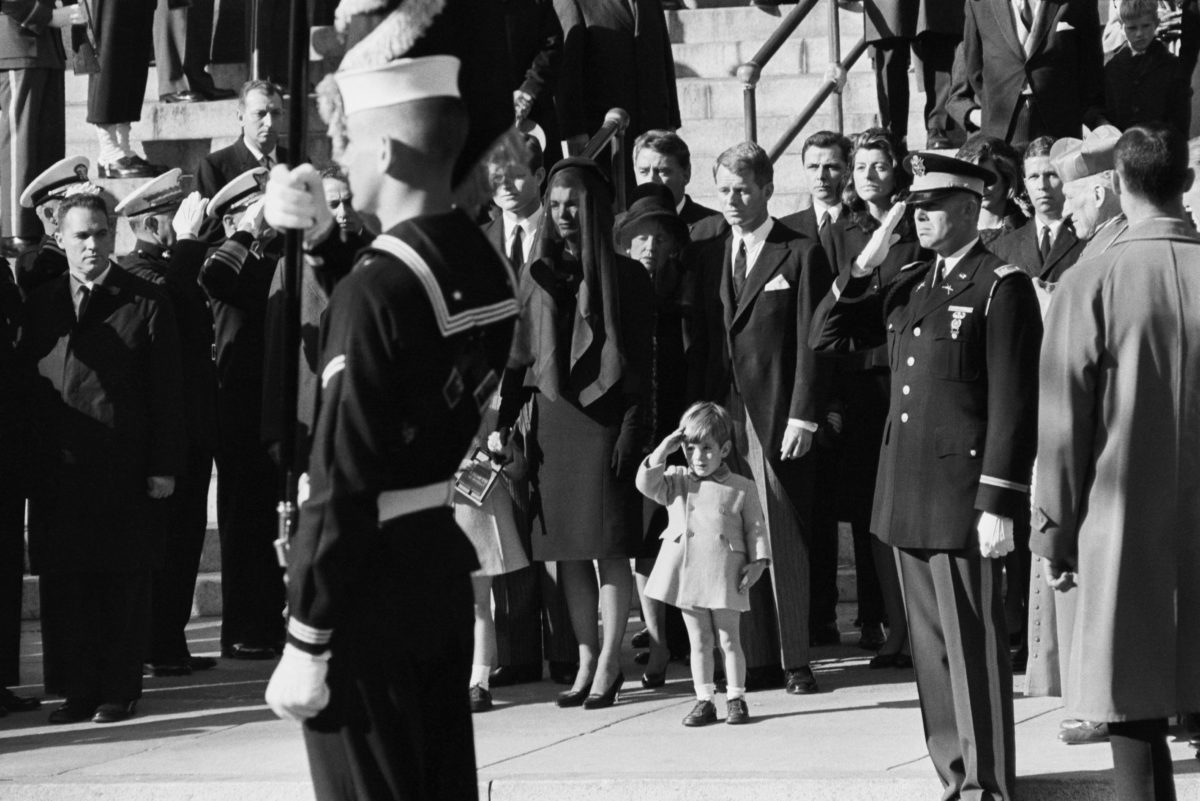Ben stands in the middle of his family’s garage and travels back in time, unstuck, to the moment of his first recollection… He’s three years old, playing with sandbox toys stored for winter. They’re stowed in a big closet with sliding wooden doors that are too heavy for him to open by himself. But he can handle the smaller door next to it, which doesn’t slide but pulls open easily – even if he can’t quite reach the handle.
Inside this closet is a treasure trove of precious objects. Tools of all kinds – smelling like machine oil and rust. Coleman camp-stoves and lanterns; coffee cans and baby food jars full of hardware; Ben’s dad’s old army fatigue pants; a well-worn canvas tarp; and the flag his family flies on holidays.
But it isn’t a holiday that brings Ben back to this garage forty-seven years later. He has a decision to make. And it isn’t a holiday that he recollects as a three-year-old playing in his parents’ garage.
“Come here,” his mother is saying. Her hand outreached, pointing to him, palm facing upward. She flexes her fingers to wave Ben toward her. “Come here. You should see this. You may remember it for the rest of your life.”
Ben follows her into the house, through the entry hall to the kitchen. She picks him up so he can see the portable television perched on top of the refrigerator. It’s a black and white tv with a miniature screen. He remembers his dad is proud of it because it has transistors, evidently something new in television sets. His mom watches soap operas on it while working in the kitchen, and she can hear it from the laundry room when she’s ironing clothes.
On the screen are horses pulling something down a street lined with people. Lots of people. A man is talking about what we’re seeing, and he sounds very sad. Ben’s mom is crying, quietly. All he remembers from that moment is a little boy about his size in a strange-looking coat and bare legs, holding his hand to his head in a military salute. The boy looks uncomfortable, but he holds that pose. Next to him is a woman with black cloth covering her head. Ben remembers that he can see her face through the cloth. She stands very still. There are others around her. They’re all very well dressed. Then pictures of people standing along the street pop up on the little black and white tv screen, and soon everyone is crying. Ben too.
He doesn’t remember anything else until he’s in kindergarten.
In later years, Ben will hear the question, “Where were you when Kennedy was shot?” Evidently it was an event that will weld you to a moment in time, and you’ll remember exactly where you were and what you were doing for the rest of your life. Ben doesn’t remember where he was when JFK was shot, but he remembers the funeral procession. And that little boy.
The only other event that fuses Ben to a moment happens when he’s driving to work and hears the news report on the radio that one of the World Trade Center buildings has been hit by a passenger jet. When he gets to work, everyone is huddled around a portable black and white tv. They look stunned. Then another passenger jet flies into the other tower. They look at one another with their mouths open. No one can talk.
That silence travels to Ben’s family’s garage as he returns from his reverie. He is alone, having just come from his dad’s funeral in the small farm town in central Wisconsin where Ben grew up. Ben’s father had grown up in this town as well, and had even been born there, in a house, with the birth being performed by a midwife, the doctor stopping by to check on things when he can. Ben had at least been born in a hospital.
Ben’s father came to life in the depths of the Great Depression. Ben came to being in the inaugural year of the 1960s. Camelot had come to the White House. The Dawning of Aquarius was forming in the heavens. Ben’s father and he may have grown up in the same small town, but they came from different worlds. The decision Ben is wrestling with is which world would he occupy when he is no longer to be.
A few hours earlier at the cemetery, as family and friends are gathering for the burial ceremony, Ben’s uncle approaches him and asks if he has a few minutes. He was Ben’s dad’s only sibling, and they had been tight-knit throughout their lives – as only a blood bond can afford. They had worked together at the family cheese factory since they were twelve years old, along with their cousins, as Ben’s brother and he had with their cousins. It was expected. That was their world.
But that world is changing as generations pass, which comes into focus as Ben’s uncle removes a neatly folded piece of paper from the breast pocket of his suit coat. “I’ve got to ask you a question,” he says, spreading the paper on the hood of his car. Its hand drawn in pencil with various rectangles placed side by side and end to end. “These are our family’s burial plots,” pointing out where his parents – Ben’s grandparents – are interred, and showing Ben the location where his father was to be laid. There is a spot next to his father’s, where Ben’s mother will someday be placed, and three rectangles side by side in front. “These are available for you, Judy and Derick,” naming Ben’s sister and brother. Ben hasn’t anticipated having to deal with this and his expression must convey as much. “You don’t have to give me an answer right now, but this place is filling up. If you want one of these spots you should let me know as soon as you can. Alright?”
Ben doesn’t know what to say. He just nods. “Alright.” There’s still time before the ceremony, so he wanders about the cemetery. He’s been here many times before. The elementary school he attended is across the street. The students and teachers would walk to the cemetery for Memorial Day services.
The school closed the year after Ben finished because of a dwindling student population. There were ten students in his first-grade class, but by the time he reached sixth grade the class was about half that. People were moving out of small towns for better opportunities and jobs in larger towns and cities. The school sat empty for several years but became an American Legion Post named in honor of three young men who were killed in wars. A Patton tank is now part of the playground, and one of the three classrooms has been converted to a clubroom, complete with a full bar, pool tables and deer mounts on the walls.
Ben doesn’t realize how many of his ancestors are in this cemetery until he starts reading the headstones near his father’s open grave. He’d heard the stories of hardship for the immigrants who left northern Europe in the second half of the 1800s, fleeing the nationalist wars of countries born from falling monarchies. His father’s people came from Prussia, but decided to leave when Germany started its war of unification. They cleared the land of old-growth trees for small farms and homesteads. They left their homeland and came to a new world, risking what they knew for what they hoped – a chance to be something better, with unknown opportunities and hazards. Ben felt the same way when he graduated high school and left for college.
That was all in the past, but Ben is in the present, wondering about the future – in the garage of his youth. When the funeral ceremony concludes, and the Legion rifle guard finishes its 21-gun salute, the aged veterans raise their hands to their brow for a final salutation as Ben’s father’s coffin is lowered into soil rich with his forefathers. Ben thinks of them. He thinks of that little boy in the strange coat and bare legs.
Ben drives out of town past his grandparents’ house, where he’d spent magical times as a child. Just beyond that is the house where his father was born. At the edge of town is the old cemetery, long filled up and losing its battle with time. As Ben leaves the town limits he glances in his side-view mirror to see the sign he’d seen so many times growing up: Peaceful Valley. Unincorporated.
He nods at the image in his mirror, and as he turns to look forward through the windshield, he knows that he can’t come back. He’ll call his uncle from the motel.


